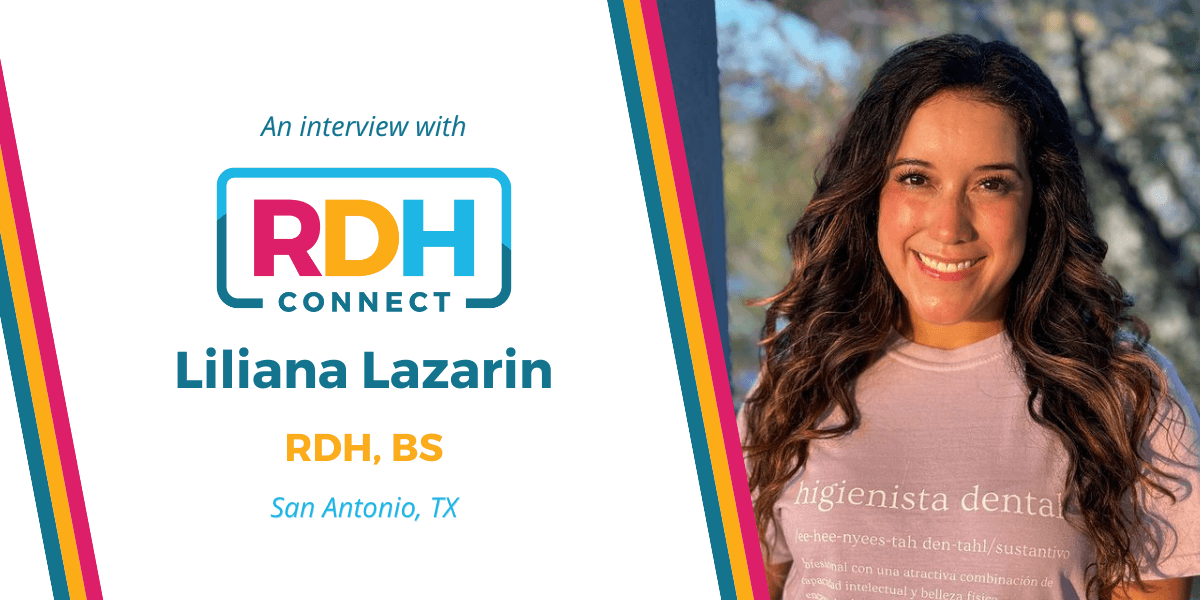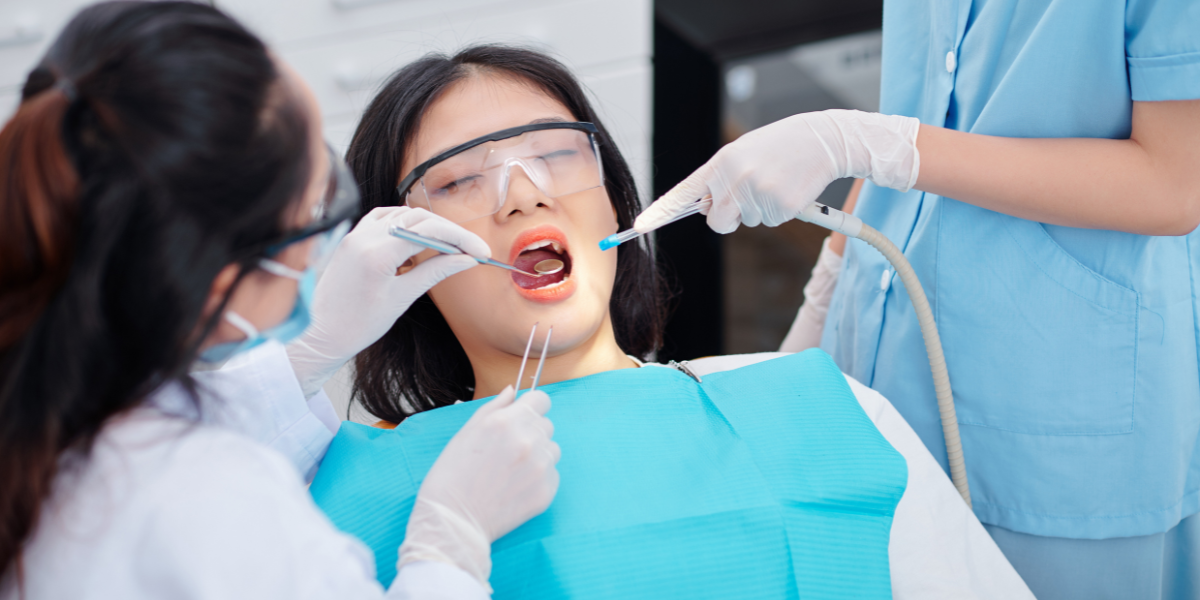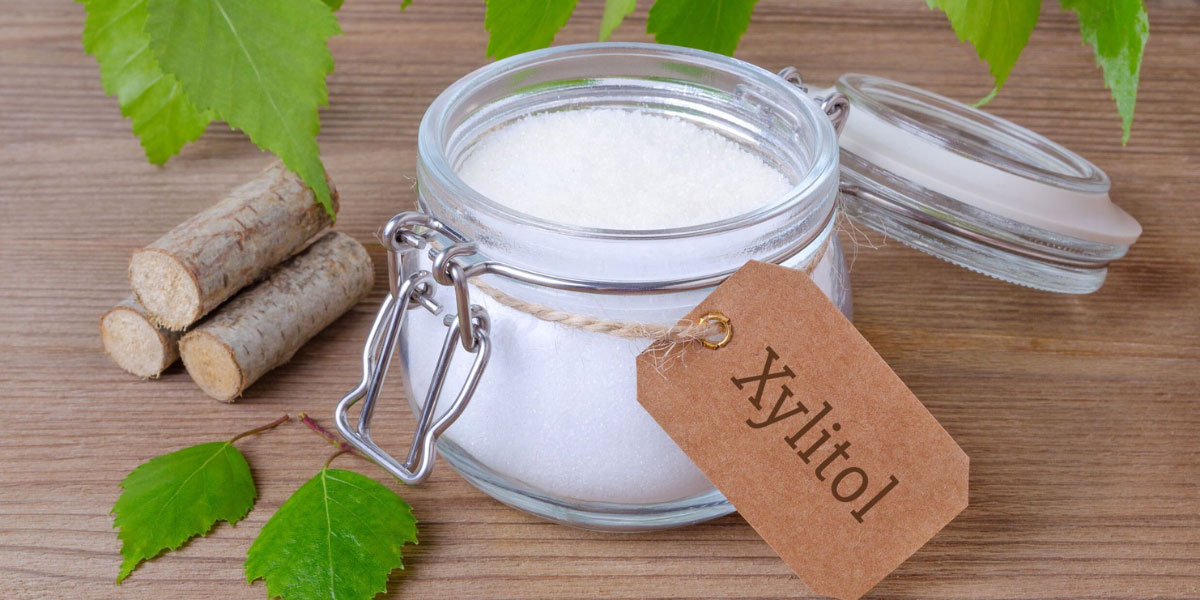
When key systems in the body are out of balance, health suffers. pH balance is important for both dental and overall health. Chronic imbalance is a risk for disease all over the body.
Our body is comprised of millions of bacteria that keep it stable and healthy. Read on to learn why a balanced pH is crucial for systemic health and how your oral cavity tells you more about your overall health than you think.
What is oral pH?
pH… you hear it all the time but what does it mean? We use the word pH to describe the balance of chemicals in our body needed to sustain life. This balance is especially crucial in the oral cavity. Why? because when you drink acidic beverages or eat acidic foods the pH level of your saliva can drop below 5.5, and when this happens, these acids start to demineralize the enamel of your teeth[1].
How does pH in the body stay balanced?
As with everything else in life, keeping a balanced pH in the body is all about moderation. If you eat too many acidic foods, your body can enter acidosis and become susceptible to unwanted organisms like bacteria, yeast, and fungus. If your pH is too alkaline, then you’re in a state of alkalosis and susceptible to respiratory and/or metabolic disorders [2]. Ahh, this sounds like too much! Don’t worry. A big source of balance for the pH in your body and oral cavity comes down to nutrition.
Balanced Nutrition = Balanced pH
The pH needed in your body for balance is about 7.4 [3]. This allows your blood to nourish your tissues and organ systems. The pH of the oral cavity ranges from 6.2 to 7.6 [1]. This doesn’t mean you have to worry about balancing each! Even though they’re different, if you’re nourishing your body with the right foods and have a balanced pH, the pH of your oral cavity is most likely in check too.
Foods to avoid
To achieve the harmony of a balanced pH, you want to stay away from sugary and acidic foods. While we always think of candy when we think of sugar, we can’t forget about carbohydrates which break down into sugars. If your oral pH is acidic and you eat simple carbohydrates, this creates an acid that eats away at the enamel of your teeth and can lead to tooth decay, tooth sensitivity, and other dental problems. Acidic foods like lemons, grapefruits, and carbonated beverages should also be avoided as the acids can erode tooth enamel.
Oral Microbiome
Want to know a fun fact? The oral cavity harbors over 700 species of bacteria including fungi, and protozoa [4]. All these bacteria and microorganisms in the oral cavity are collectively referred to as your oral microbiome and it plays a major role in maintaining your oral and systemic health. Always remember that your oral health is not separate from your systemic health, the two are intrinsically linked and when you’re caring for your body with proper nutrition, you’re caring for your teeth too!
References
- Baliga, S., Muglikar, S., & Kale, R. (2013). Salivary pH: A diagnostic biomarker. Journal of Indian Society of Periodontology, 17(4), 461–465. https://doi.org/10.4103/0972-124X.118317
- Wells, D. (2018, October 7). Ph imbalance: Acidosis, alkalosis, diagnosis, and treatment. Healthline. https://www.healthline.com/health/ph-imbalance
- Schwalfenberg G. K. (2012). The alkaline diet: is there evidence that an alkaline pH diet benefits health?. Journal of environmental and public health, 2012, 727630. https://doi.org/10.1155/2012/727630
- Deo, P. N., & Deshmukh, R. (2019). Oral microbiome: Unveiling the fundamentals. Journal of oral and maxillofacial pathology : JOMFP, 23(1), 122–128.
https://www.ncbi.nlm.nih.gov/pmc/articles/PMC6503789/





